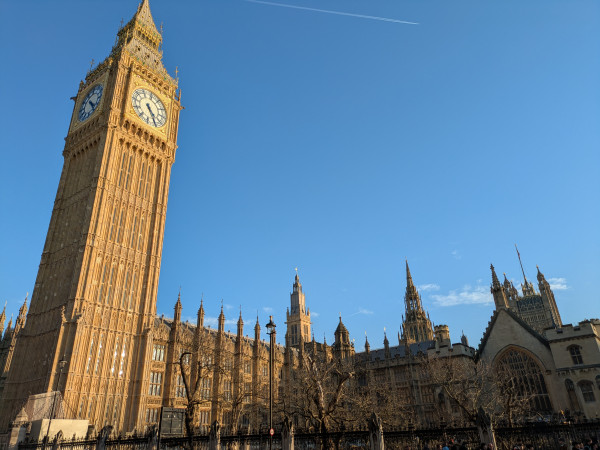
The Centre for Crime and Justice Studies today claimed that successive governments and parliaments had been joint architects of a decade-in-the-making prisons crisis.
The comments came in response to today’s report (Wednesday, 4 December) from the National Audit Office, which criticises “previous governments’ failure to align criminal justice policies with funding for the prison estate, leading to reactive solutions which represent poor value for money”.
Among the shocking findings in the National Audit Office report are:
- The previous Conservative Government’s 2021 commitment to deliver 20,000 new prison places is not expected to be achieved until 2031 – around five years later than planned
- Current expansion plans are insufficient to meet estimated future demand, with a projected shortage of 12,400 places by end of 2027
- Expansion costs are expected to be at least £4.2bn (80 per cent) above original estimates in 2021
Speaking today, the Director of the Centre for Crime and Justice Studies, Richard Garside, said:
It is easy to lay the blame for this crisis on the outgoing Conservative government, and they certainly should take their share of the blame. But successive parliaments have also failed in their job. Government and parliament have been joint architects of a decade-in-the-making prisons crisis.
Over many years, successive parliaments have passed legislation that has increased sentence lengths, made it more difficult for prisoners to gain their release, and made it more likely that released prisoners will be sent back to prison.
The result has been a prison population that keeps on growing and growing, even as the number being sentenced to prison is lower than a decade ago.
It is time for government and parliament to set a fresh course, aimed at containing prison population growth in the short-term and reducing it in the medium- to long-term. This will enable the government to close the gap between the money allocated to prisons, and the costs of building, running and maintaining them.
The current sentencing review can help set this course, but it will need to be underpinned by legislative, spending and policy changes, undertaken on a cross-departmental, and cross-party, basis.